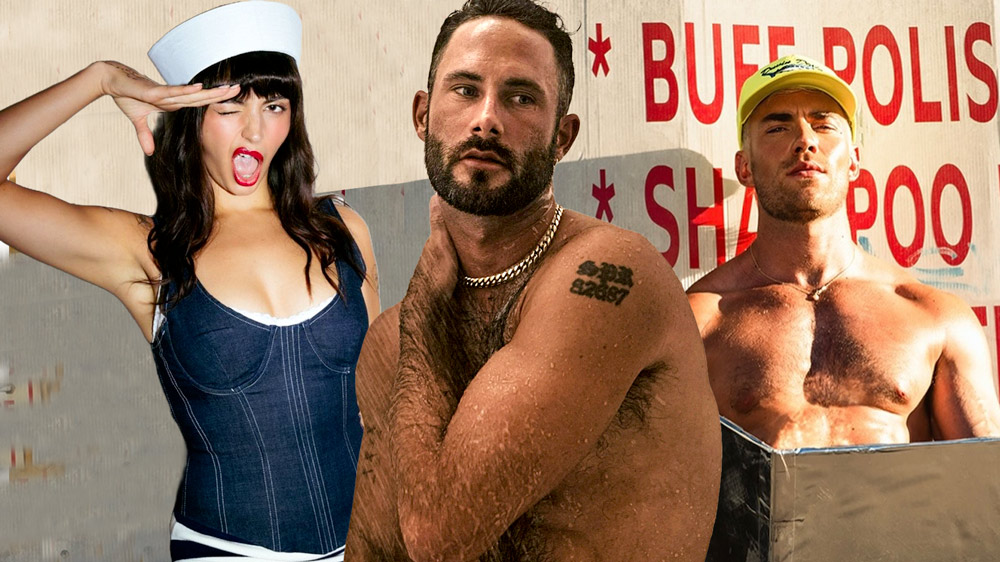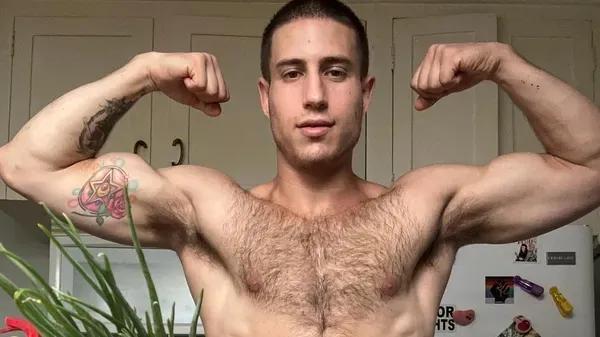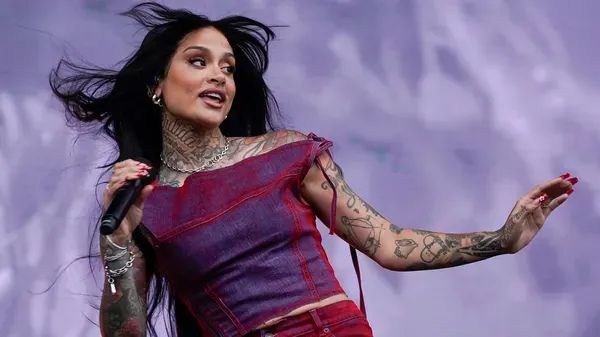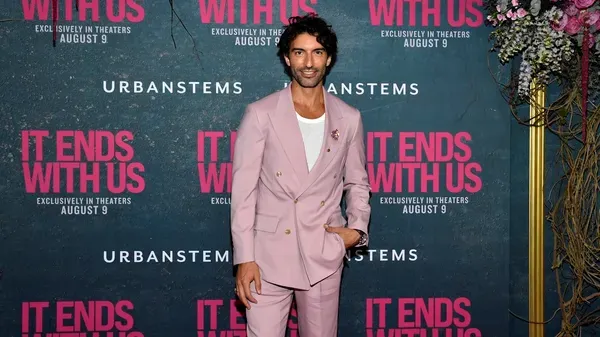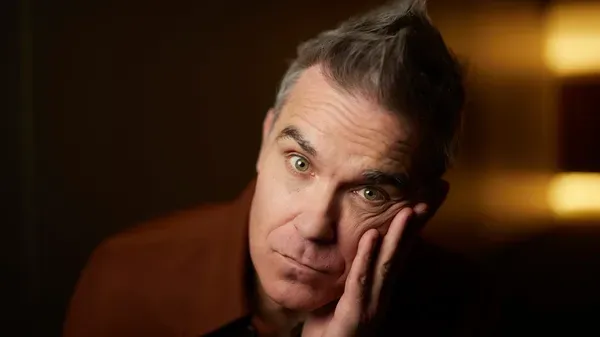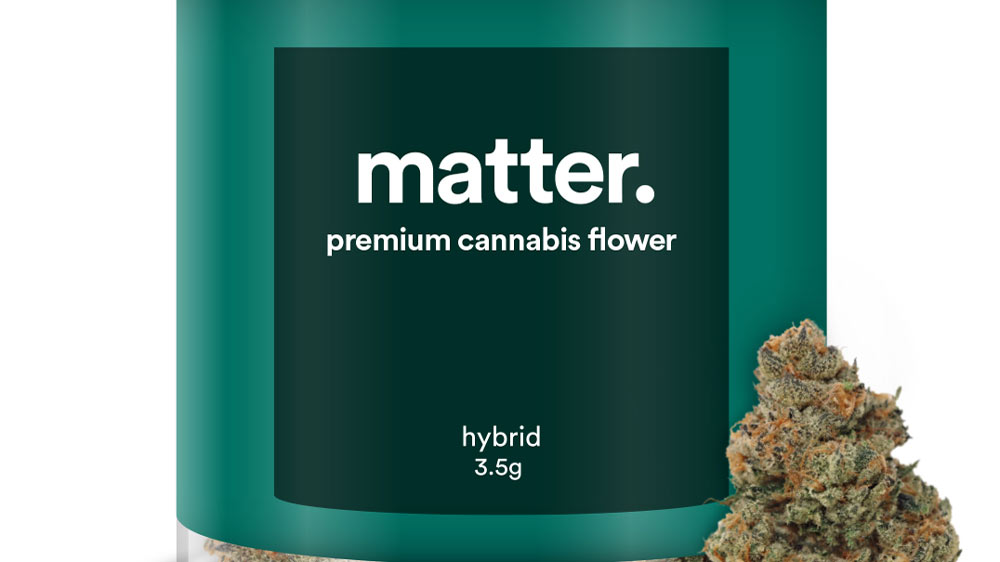
Oct 11
The Queer History of Cannabis: How the LGBTQ+ Community Fueled the Movement
Jake Myers READ TIME: 5 MIN. SPONSORED
When Laganja Estranja began the infamous lip-sync on "RuPaul's Drag Race All Stars" by death-dropping from the ceiling, she made her-story. But creating a collective gag in the queer community is hardly her only cause. Laganja, as her namesake suggests, has always been a proponent of cannabis use, and its importance in the LGBTQ+ community. Sometimes weaving marijuana leaves into her outfits, other times performing 420-related medleys, she's used her drag to bring cannabis use front and center for millions of queer people.
Laganja is hardly the first prominent LGBTQ+ figure to bring awareness to the use of cannabis in the community. Celebrities like Melissa Etheridge and Lea DeLaria have been advocates for cannabis legalization, with Melissa even creating her own line of products. But beyond celebrities, countless other figures in queer history have made an impact on not only its benefits, but its legalization, ultimately allowing for quality dispensaries like LivWell and Verilife to serve the medical cannabis community for over 10 years, offering a wide variety of products to fit any need.
In fact, cannabis legalization and LGBTQ+ rights share a deeply intertwined history, a bond forged in the fires of activism and resilience. One might even argue that the cannabis movement owes much of its progress to the LGBTQ+ community, particularly during the harrowing years of the HIV/AIDS epidemic.
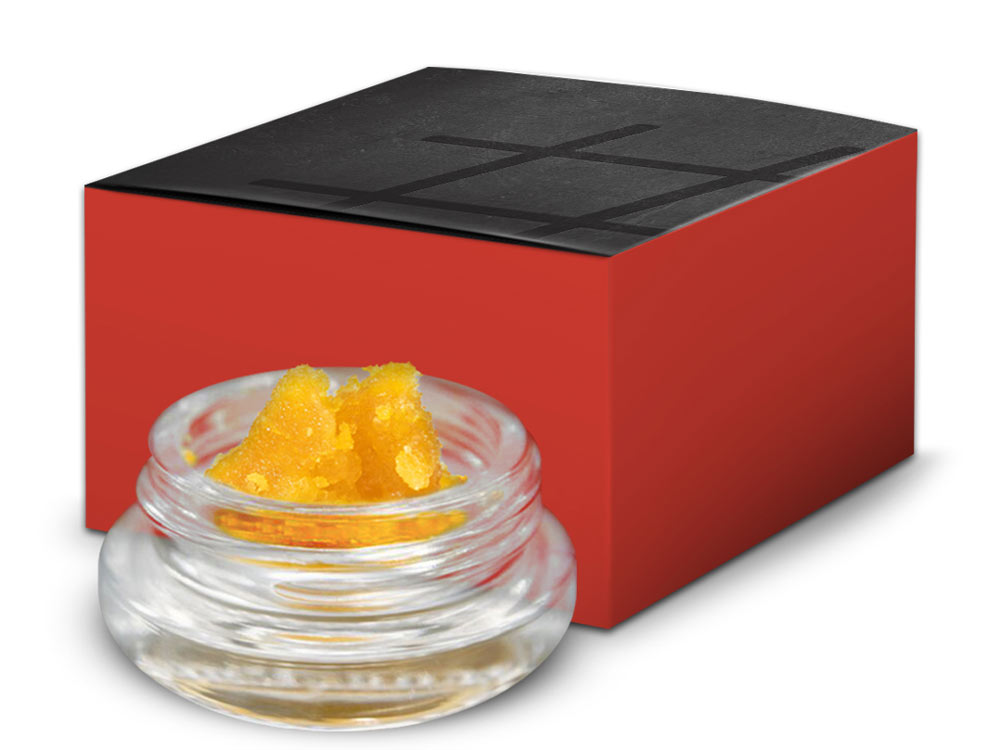
The connection between cannabis and the LGBTQ+ community dates back to the 1960s and 70s, a period marked by significant social upheaval and progress for both movements. During these decades, activists began to see the potential of cannabis as a medicinal aid. This was a time when both homosexuality and cannabis use were heavily stigmatized and criminalized, forcing advocates from both groups to fight for their rights.
Harvey Milk, who in 1977 was the first openly gay politician to be elected to public office in California, was an early proponent of cannabis legalization. Milk's advocacy for cannabis was part of his broader platform of progressive reform, which included decriminalizing homosexuality and ending police harassment of LGBTQ+ people. His support for Proposition W, a non-binding policy calling for the decriminalization of cannabis in San Francisco, was a significant milestone. With Milk's backing, the proposition passed with 63% of the vote in 1978.
The true convergence of the cannabis and LGBTQ+ rights movements occurred during the HIV/AIDS epidemic of the 1980s and 90s. As the epidemic ravaged the gay community, it became widely believed that cannabis could provide relief from many of the symptoms and side effects of AIDS and its treatments. This included alleviating pain, nausea, wasting syndrome, and anxiety.

Dennis Peron, an openly gay man who had been a cannabis advocate since the 1970s, became a pivotal figure in this movement. As Jonathan West, Peron's partner, succumbed to AIDS in 1990, Peron witnessed firsthand the palliative benefits of cannabis. This personal tragedy fueled Peron's activism, leading him to open the Cannabis Buyers' Club in San Francisco in 1991, the first public medical marijuana dispensary in the United States. The club served thousands of HIV/AIDS patients, providing them with cannabis with the hopes of easing their symptoms and suffering.
Peron's efforts culminated in the drafting and passage of Proposition 215 in 1996, also known as the Compassionate Use Act. Co-authored by Peron, this landmark legislation made California the first state to legalize medical marijuana, a crucial victory that set the stage for broader legalization efforts across the country.
Alongside Peron, another key figure emerged: Mary Jane Rathbun, affectionately known as "Brownie Mary." Rathbun was a beloved figure in the San Francisco gay community, known for baking cannabis-infused brownies for HIV/AIDS patients. Her activism, combined with her arrests for distributing these brownies, garnered significant media attention and public sympathy. Rathbun's tireless efforts highlighted the compassionate use of cannabis and helped shift public perception towards its medicinal benefits.
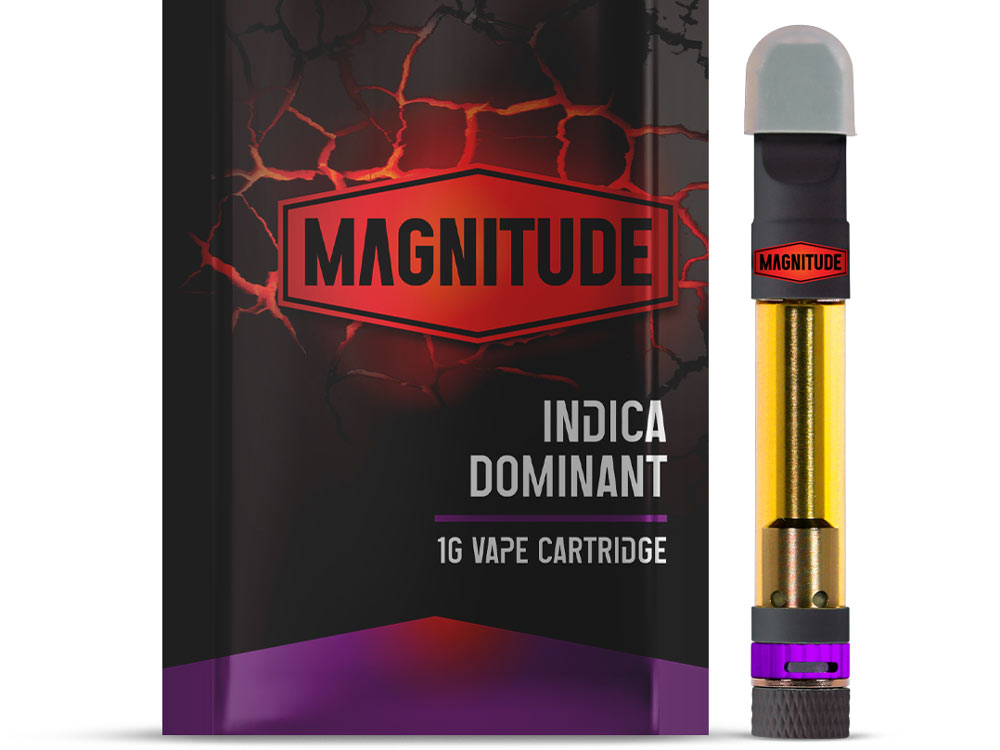
Thanks to the brave and persevering pioneers of cannabis, we are now able to offer regulated products, such as the Full Melt line of edibles, known for their high-quality, wholesome ingredients and consistency.
Today, cannabis use among LGBTQ+ individuals is significantly higher than among their heterosexual counterparts. According to data from the National Survey on Drug Use and Health, sexual minority adults are more than twice as likely to use marijuana. This higher prevalence may be due to LGBTQ+ individuals experiencing higher rates of mental health issues, such as depression, anxiety, PTSD, and suicidal thoughts, often as a result of marginalization and discrimination. That being said, very little research has been conducted to examine the relationship between mental health issues and cannabis use within this specific population.
In recent years, the cannabis industry has increasingly aligned itself with LGBTQ+ causes, especially during Pride Month. Brands like matter, Magnitude, and #Hash have showcased a commitment that goes beyond mere marketing.
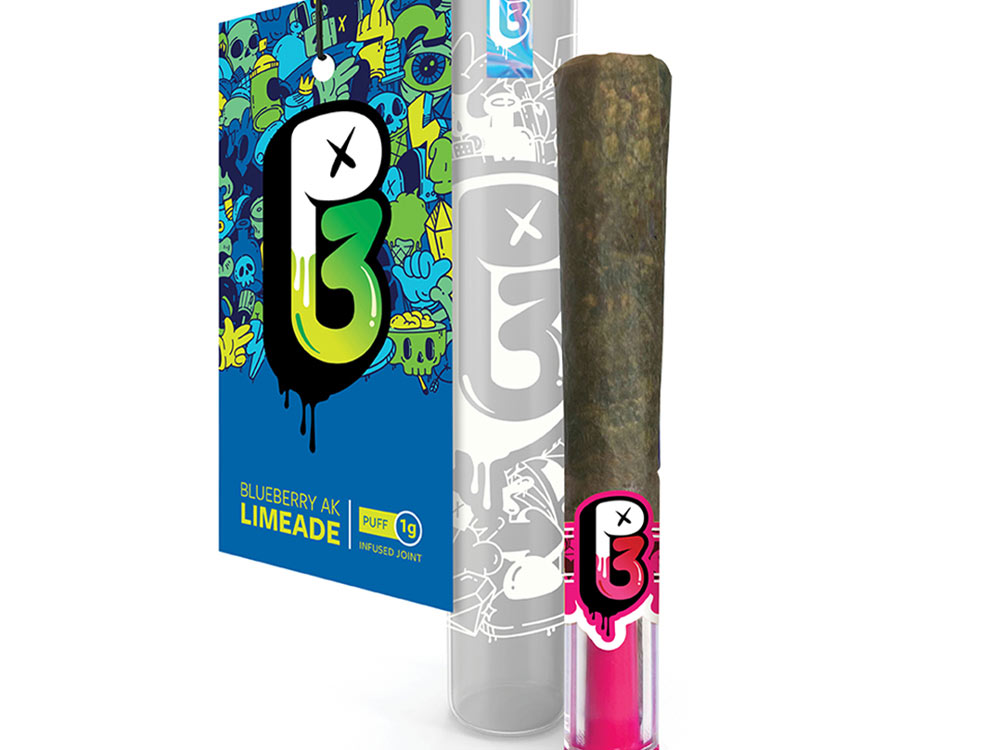
The legacy of LGBTQ+ activism in the cannabis movement continues to inspire new generations of advocates. Figures like Renee Gagnon, the first transgender CEO of a publicly traded marijuana company, and Karen Paull and Wendy Robbins (also known as "the lesbian godmothers of cannabis" and the creators of a "Shark Tank"-like reality show on Amazon called "The Marijuana Show") are pushing the industry forward while emphasizing diversity and inclusion.
The cannabis industry still has much work to do to ensure equal representation and opportunity for LGBTQ+ individuals. However, the foundational work laid by early activists like Peron, Milk, and Rathbun provides a robust framework for future progress.
At the end of the day, the queer history of cannabis is a testament to the power of activism and the enduring spirit of those who fight for justice and equality. The LGBTQ+ community has been instrumental in pushing for cannabis legalization, demonstrating that marginalized groups can drive significant social change. As we continue to celebrate these victories, it's crucial to remember and honor the contributions of LGBTQ+ activists who have brought us to where we are today.
In the meantime, if you're looking to see what all the fuss is about and support a business that prides itself on diversity and inclusion, check out the Pharmacann brands here, or find a dispensary near you. If the past tells us anything, it's that the future of cannabis, and its place in our world, begins with you.
